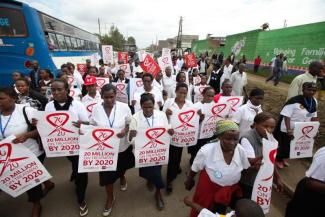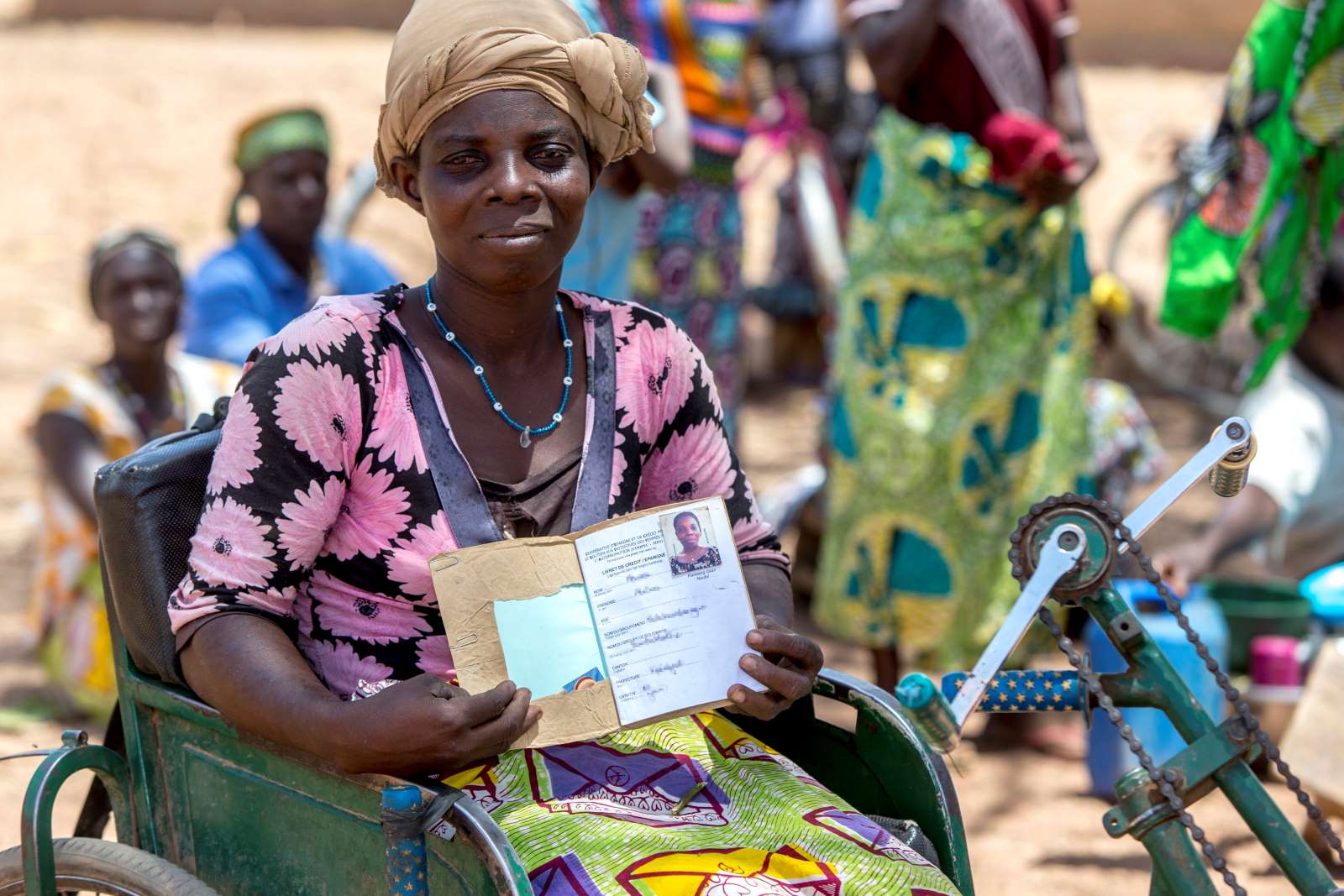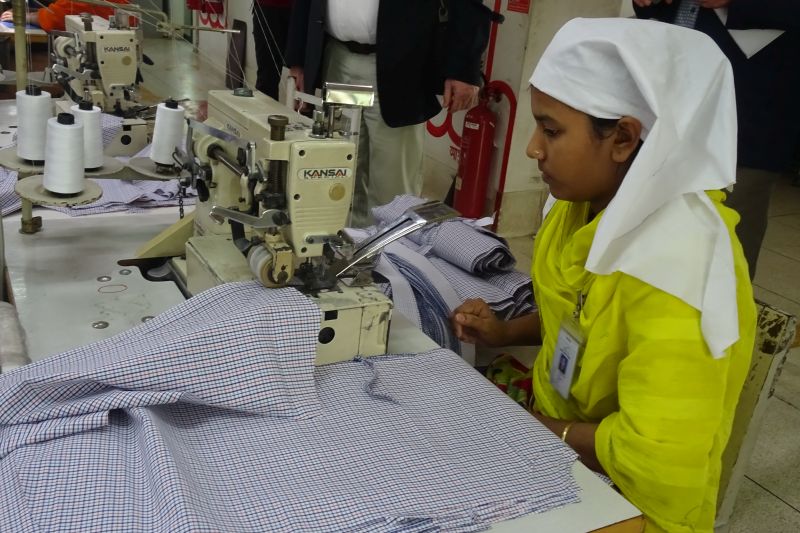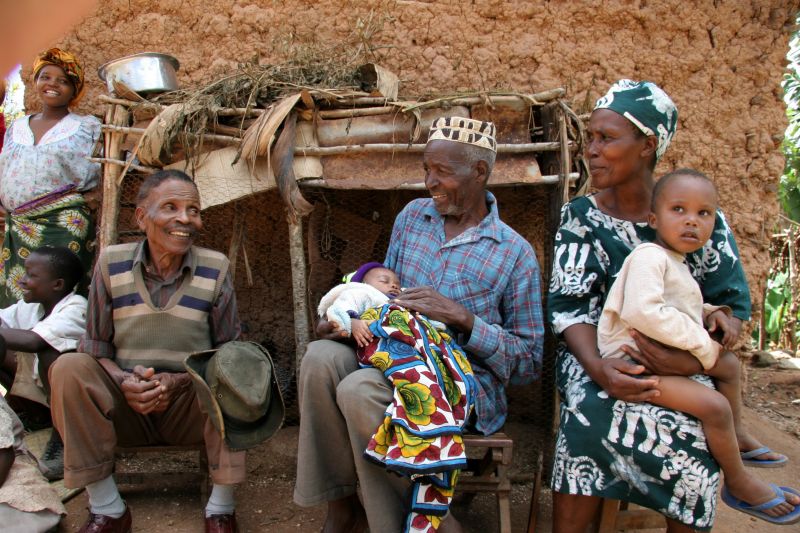Health care
Discrimination against women reduces immunisation rates

In sub-Saharan Africa, some 700 young women are newly infected with HIV every day. They account for 74 % of new transmissions. In the past six years, the Global Fund has therefore boosted its spending on programmes that serve women and girls. These investments now make up 60 % of the Fund’s total financial commitments.
Kenya is one of the countries where young women are at a much higher risk of contracting HIV than men. From 2008 to 2015, deaths caused by HIV/AIDS declined by 58 %. The absolute number fell from about 85,000 to 35,754. In the same time span, new HIV infections were reduced by 32 %. Of the 1.5 million people living with HIV/AIDS in Kenya, 800,000 now get antiretroviral medication. Programmes that receive support from the Global Fund are ensuring medication to 440,000 of the patients.
Gavi has not found differences in immunisation rates for girls and boys. But social and economic discrimination against women has a direct impact on child vaccination. Women may not be allowed to use the family’s money to pay for a trip to the nearest clinic, or they may not have the time because of other traditional chores. Women living in remote areas are particularly affected. In many countries, women are not permitted to travel to a clinic without being accompanied by a man.
Literacy rates matter too. In countries like Chad, only half as many women can read and write as men. Parents’ willingness to have their children immunised typically increases with their level of education. Gavi is addressing these challenges head-on, encouraging local partners to raise awareness for what makes immunisation coverage diverge.











